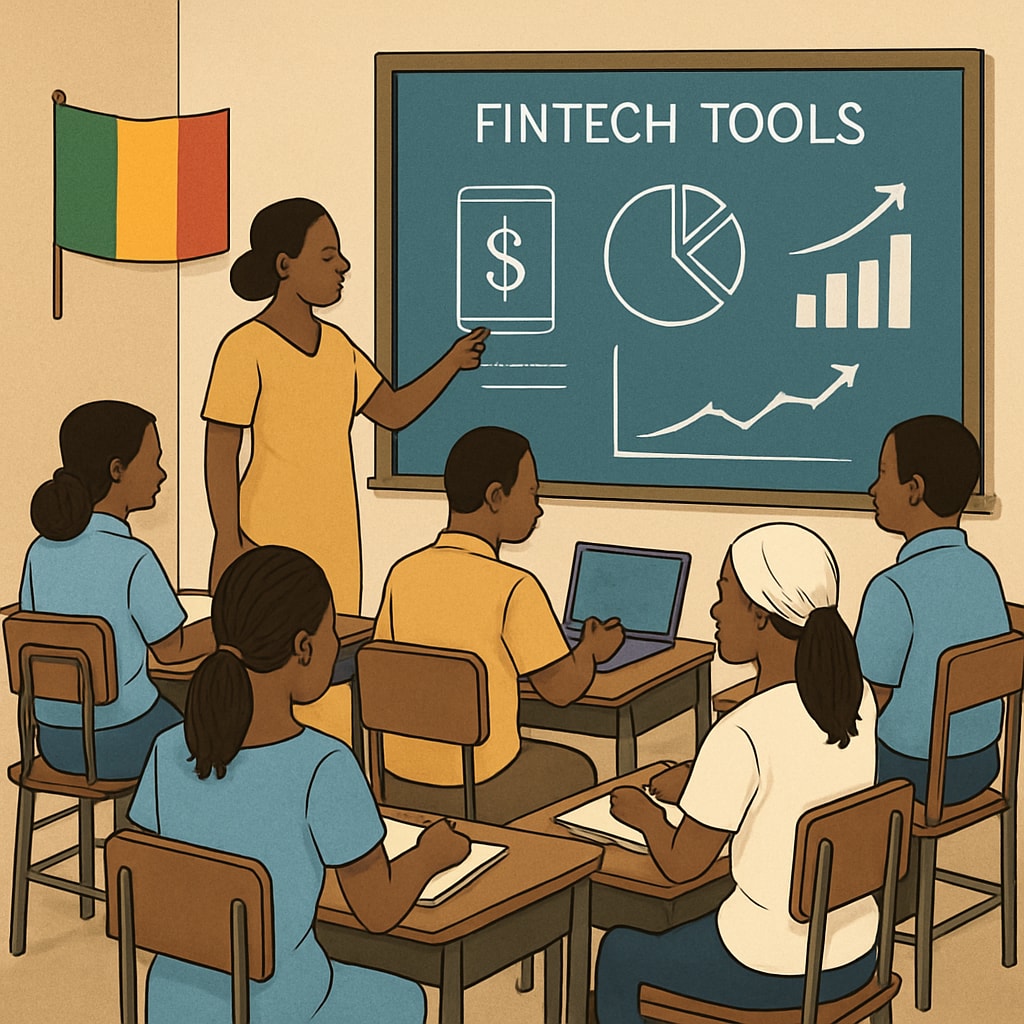In Mali, a nation with limited resources and challenging economic conditions, career development for young people in the financial industry faces significant hurdles. Many aspiring professionals find themselves constrained by domestic opportunities and look outward to global education and career pathways. This article explores the role of early career planning for K12 students in Mali, emphasizing the importance of cultivating global perspectives and offering actionable strategies for navigating these challenges.
Why Early Career Planning Matters in Mali
Early career planning is crucial for K12 students, especially in regions like Mali, where resources for professional growth are scarce. By introducing students to career options early in their educational journey, schools and families can help them envision paths beyond the limitations of the local economy. For Mali’s financial sector, which remains underdeveloped, students need exposure to international trends, technological advancements, and global roles to prepare them for competitive opportunities.
Moreover, early exposure to career planning instills confidence and equips students with essential skills like goal setting, adaptability, and problem-solving. According to Wikipedia’s definition of career development, it’s a lifelong process that begins with identifying interests and building relevant skills. For Malian youth, this process must start early to overcome the barriers they face in their local financial industry.

Strategies for Cultivating a Global Perspective
To help Malian students navigate career challenges in the financial industry, educators and parents must prioritize global perspectives. This can be achieved through:
- International Exposure: Introduce students to global financial systems, trends, and careers via online resources, webinars, and guest speakers.
- Language Learning: Encourage fluency in languages like English and French to open doors to international opportunities.
- Study Abroad Opportunities: Foster connections with global institutions that offer scholarships and mentorship programs for students from developing nations.
- Technology Integration: Equip students with digital literacy and skills relevant to the modern financial industry, such as data analysis and fintech tools.
For example, programs like the study abroad initiatives listed on Britannica can provide students with a platform to explore international education. These experiences not only broaden their horizons but also enhance their competitiveness in the global job market.

Collaborative Efforts: Schools, Families, and Communities
Effective career planning requires collaboration between schools, families, and local communities. Schools can integrate career planning modules into their curriculum, while families can encourage exploration of interests outside traditional career paths. Communities, on the other hand, can organize workshops and mentorship programs led by professionals in finance and other industries.
Key initiatives for collaboration might include:
- Career Fairs: Host events where students can interact with professionals and learn about various career paths.
- Mentorship Programs: Pair students with mentors who can provide guidance and inspiration.
- Scholarship Awareness: Share information about international scholarships and financial aid options for higher education abroad.
By bridging the gap between education and real-world opportunities, these collaborative efforts empower Malian youth to pursue careers that transcend local limitations.
Conclusion: Inspiring Mali’s Future Financial Leaders
In a country where the financial sector struggles to provide sufficient opportunities for aspiring professionals, early career planning and global education are pivotal for success. By fostering a global perspective, equipping students with relevant skills, and encouraging study abroad opportunities, educators and families can empower Malian youth to navigate career challenges effectively.
As a result, these strategies not only prepare students for careers in finance but also inspire them to contribute to the growth and modernization of the financial industry in Mali. By investing in early career planning for K12 students, Mali can cultivate the next generation of leaders who will shape the nation’s economic future.
Readability guidance: Use concise paragraphs and lists to summarize key points. Employ a balance of active voice and transitional phrases like “however,” “therefore,” and “for example” for improved flow.


